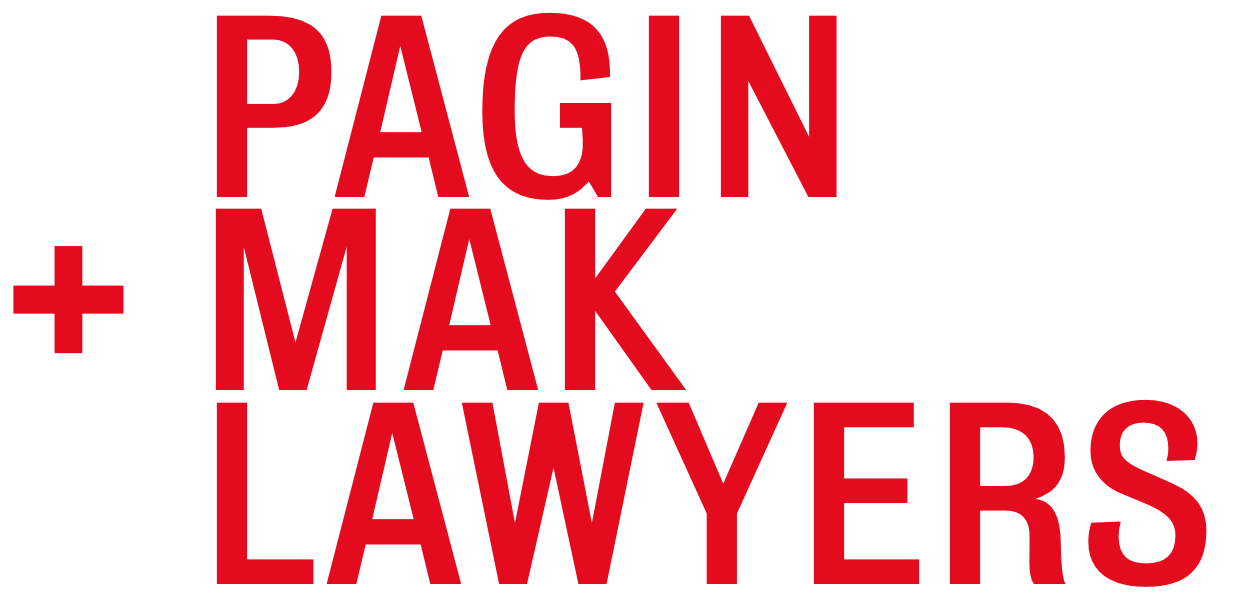Franchise Disputes
We are experienced in franchise disputes. Contact one of our franchise dispute lawyers for a consultation where we can discuss your options and how we can help.
Franchise disputes can occur in a variety of ways and for a variety of reasons. However it occurs, it is best to obtain legal advice as soon as possible to prevent the situation from escalating or becoming unmanageable. Speaking to a Franchise Dispute Lawyer can help to clarify your legal position and negotiate an outcome without resorting to costly litigation in court where the process becomes more difficult to control.
There has been no shortage of publicity of disputes between franchisees and franchisors. Quite often, franchise disputes centre around an allegation that the franchisor acted in a misleading and deceptive way with respect to the revenue or profit that a franchisee would take home at the end of the day. The first step in a dispute is to understand what your rights and obligations are. This will inevitably involve reviewing the franchise agreement in detail. Franchise agreements typically contain:
a dispute resolution clause. This clause outlines what the parties must do in the event there is a dispute. Typically, it will require that the parties try to settle the dispute informally between themselves by holding a meeting.
a termination clause. This clause outlines the circumstances under which a party may end the franchise agreement. Franchise agreements are typically drafted in favour of the franchisor and so a franchisee wishing to terminate an agreement should seek legal advice before attempting to do so.
a guarantor clause. This is a clause which makes a third party liable to perform the obligations of the franchisee under the franchise agreement. Quite frequently, franchisee’s take on the position not in their personal names but through a company. These companies tend to have little to no assets so that in the event things do not work, their losses will be limited. Franchisors are well aware of this strategy and therefore tend to seek that someone with assets act as a guarantor to guarantee the performance of the franchisee’s obligations under the franchise agreement. The guarantor tends to be one, or all, of the directors of the franchisee company.
In addition to the above, there must also be consideration of the Franchising Code of Conduct (Code). The Code is a compulsory industry code across Australia that regulates the conduct of franchising participants towards one another. The Code is regulated by the Australian Competition & Consumer Commission (ACCC). The ACCC has a range of powers which includes the right to undertake investigations of alleged breaches of the Code. One option available to franchisees locked in a dispute with their franchisor is to lodge a complaint with the ACCC. This can be a useful early step for a franchisee to place their franchisor on notice that they mean business. However, the unfortunate reality is that the ACCC receives many more complaints than it can possibly investigate and so only focuses on those which it considers to exhibit the most egregious breaches of the Code. The Code includes mandatory criteria with respect to:
disclosure requirements
a good faith obligation
a dispute resolution mechanism
a cooling-off period
procedures for ending a franchise agreement
The franchise agreement will likely stipulate that a document known as a ‘Notice of Dispute’ (Notice) will have to be produced by one of the parties to the other. The Notice must set out the nature of the dispute; what outcome is hoped to be achieved and what action should be taken by the other party. After the Notice is sent to the other party, the Code requires that the parties try to settle the dispute. If the dispute cannot be settled with a few weeks of sending the Notice, then either party may write to the Office of the Franchising Medication Adviser (OFMA) seeking that a mediator be appointed to conduct a mediation between the parties.
A mediation is essentially a conference or a meeting between the parties. Present will be the franchisee, franchisor, their legal representatives and an independent mediator from OFMA. During the mediation, both sides will get an opportunity to state their case. The mediator ensures that both sides are given an equal opportunity and that they treat each other with respect. The parties will also have time apart so that they can consider privately what the other party has said and what they wish to do next. If the mediation is successful, the parties will usually proceed to settle the dispute formally by way of a deed which is drafted by their lawyers. In the event the mediation is unsuccessful, the parties may consider taking the matter to court. This is usually commenced by way of preparing, filing and serving a document called a ‘Statement of Claim’ which will likely bear some similarity to the Notice that was originally drafted.
Franchise disputes require a lawyer familiar with the relevant legislation and the common law. Our lawyers have acted for a number of clients involved in franchise disputes and have the experience and drive to help you resolve the dispute. Contact the team at Pagin + Mak Lawyers for a free initial phone consultation. We are more than happy to discuss any questions you may have and explain the process in greater detail.
Disclaimer:
The information above is intended as general information only and should not be relied on. You should discuss your individual situation with a lawyer.
Contact us to discuss your matter
Please fill out the below form and one of our lawyers will be in touch as soon as possible.
